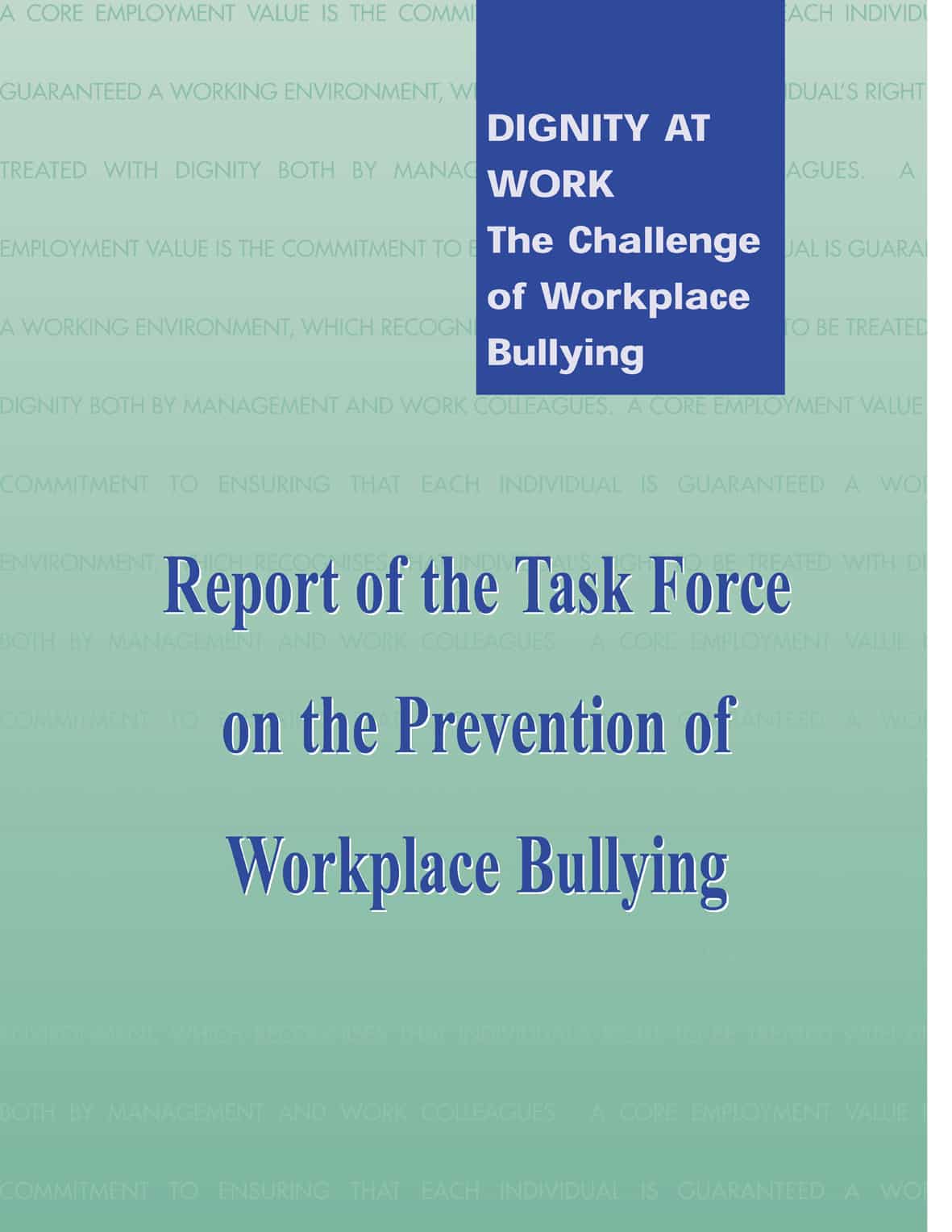In July 2010, Melbourne Australia is hosting the 2010 conference of the International Congress of Applied Psychology. What was an OHS consultant at this conference? The question should be why wasn’t OHS consultants at this conference?
This conference is not about workplace safety, per se. It is about how people think and communicate. It provides research (some would say evidence), often about how people relate to each other at work. The exciting content of this ICAP Conference makes the Safety In Action Conference look like a history lesson.
The conference has made the full program and the speaker abstracts online, for free. Both are big PDF files but are excellent resources for those OHS professionals looking for the latest research into bullying, driver safety, health & wellbeing, organisational behaviour, leadership, fatigue, stress and other issues. Continue reading “ICAP Congress of Applied Psychology is a neglected OHS resource”


